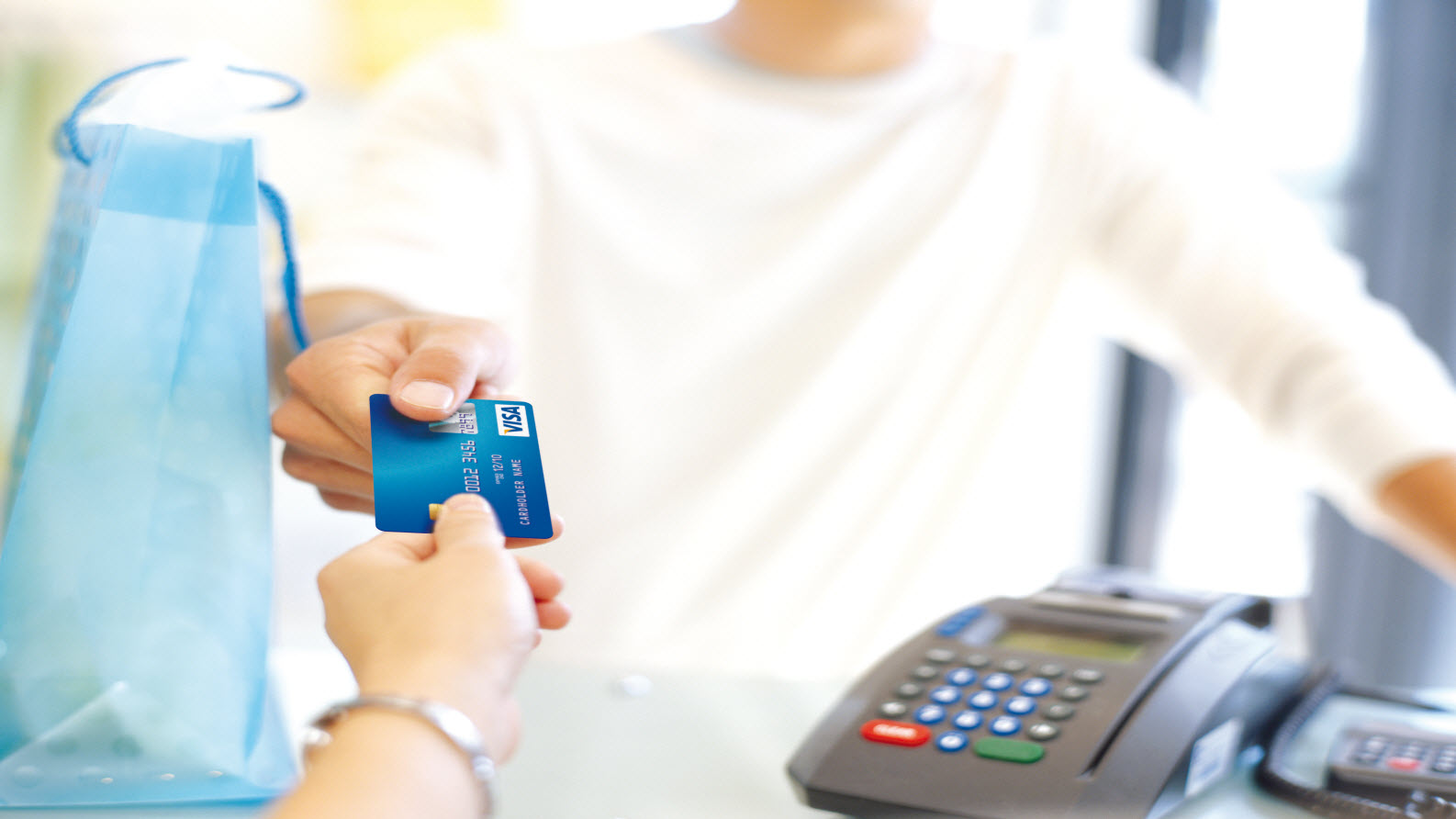How mobile commerce could be hamstrung by consumer security fears
Digital payments are impacting traditional retail

An ever increasing number of consumers in the United Kingdom are choosing to do their shopping via a mobile device. In 2013 sales via smartphones and tablets grew by 138% according to IMRG & Capgemini and in fact, 27% of all online sales, worth £3 billion, were placed on a mobile device. Mobile commerce has huge potential so no wonder it's changing the face of the retail industry.
Traditional bricks and mortar retailers have begun embracing mobile and are developing integrated business strategies to draw on the benefits of the mobiles in our pockets. However, a whole new breed of retailers have developed who exist purely online. They have no physical shops and sell their products to customers only on the web. Retailers such as Asos are household names and have an enormous customer base, with 7.9 million active customers in the case of Asos.
The growth of these online retailers has driven an ever increasing number of consumers to embrace technology in all aspects of their lives. As a result they are demanding a truly end-to-end mobile shopping experience, which requires a consistent and simple solution for consumers to complete their shopping and pay for goods.
While convenience is responsible for the influx of online shoppers it has also brought with it a number of security concerns, both real and preconceived. It's these concerns that may cause the steady adoption of mobile commerce solutions both online and in store to plateau if not addressed. Research by Intercede revealed only 18% of consumers in the UK feel confident their use of mobile commerce and smartphone-based payments are truly secure.
Social login
One of the solutions being put forward to help customers feel safer when transacting online is social media authentication. This occurs when consumers use their social networking profiles to log into websites to make purchases. Using log-in details you already know helps to alleviate 'password fatigue'. You don't have to remember yet another password or set up another account.
Many websites now employ social login as the old site-specific registration and password system is no longer scalable. However, this doesn't necessarily make the login process easier for the consumer as it still requires some level of data input and can confuse some users even more.
Consumers are also becoming aware that social login companies treat them like a product as much as a customer. According to a new Gigya study, 84% of 18-34 year olds in the UK are comfortable sharing personal data with businesses via social login if there is a valuable exchange. The study also polled 2,000 UK adults and revealed 59% of respondents would share personal data if brands made it clear what they will use it for.
Are you a pro? Subscribe to our newsletter
Sign up to the TechRadar Pro newsletter to get all the top news, opinion, features and guidance your business needs to succeed!
Social login gives businesses access to extremely rich demographic and psychographic data from their customers' social network accounts that they can't get anywhere else. This includes a user's location, interests, hobbies, purchasing habits, cultural tastes, and even political views – as well as those of everyone in his or her social network. As a result some consumers have become increasingly unhappy with the lack of control and transparency over data that social login currently provides.
Increased security and control
To address consumers' growing privacy and security concerns, service providers, vendors and retailers need to be constantly innovating and developing new easy-to-use login methods that better protect their customers' data. The challenges of delivering an authentic identity solution that hasn't been copied, derived or hacked will only become more difficult.
Ease of login should not be at the expense of personal data unless that is what the consumer chooses. We have seen in the past that new technologies can lead to changes in our social behaviour, but what should never be in question is that it is the consumer who should be deciding whether and under what circumstances they are willing to share data.
Clicks and cloud retailers and bricks and mortar shops need to be more pioneering and introduce robust systems that better protect their customers' data. Mobile Connect is an easy solution for customers to use, but also for retailers and vendors to implement. It combines something consumers already have – their mobile – with something they know – their PIN – to access their data online.
- Marie Austenaa is the VP and Head of Personal Data Programme at the GSMA